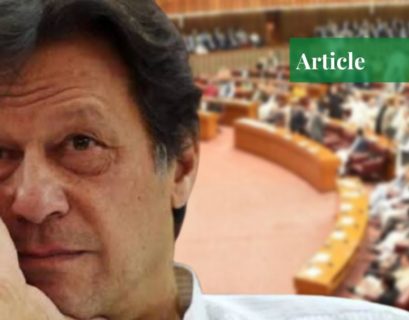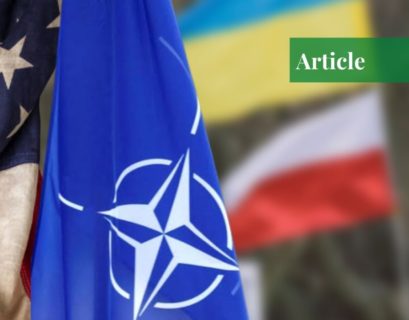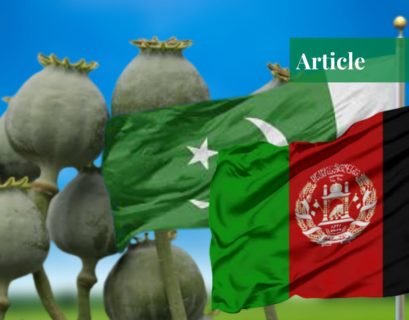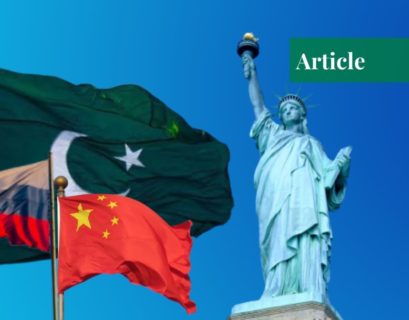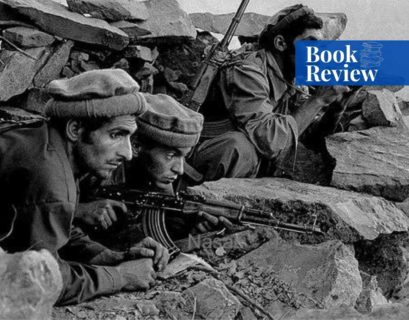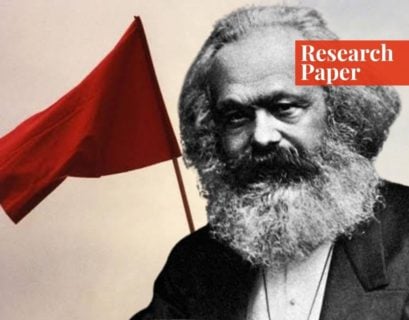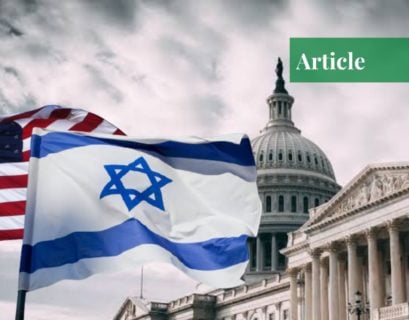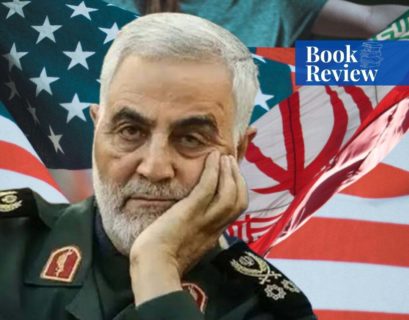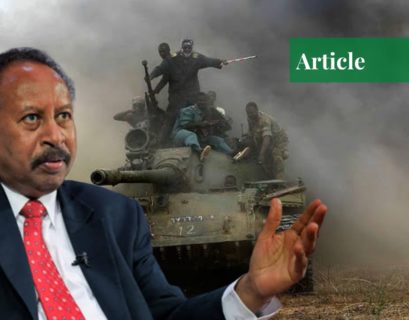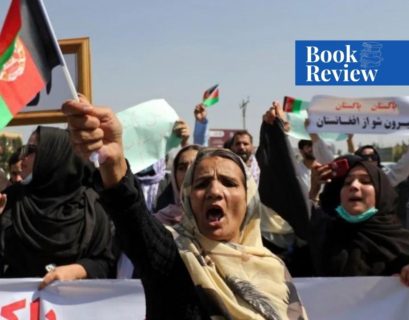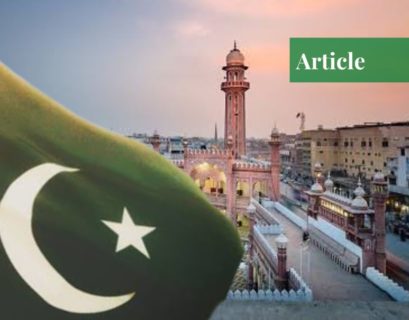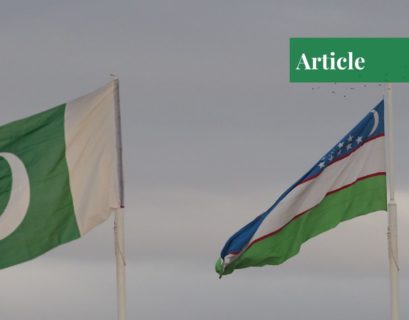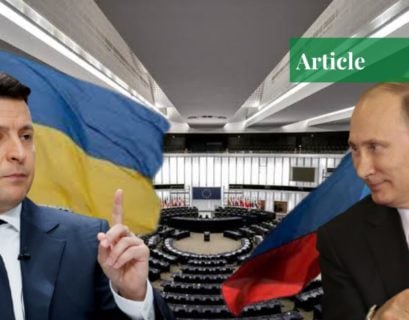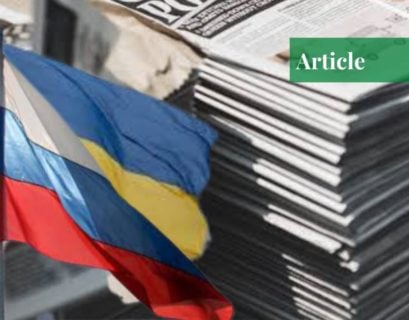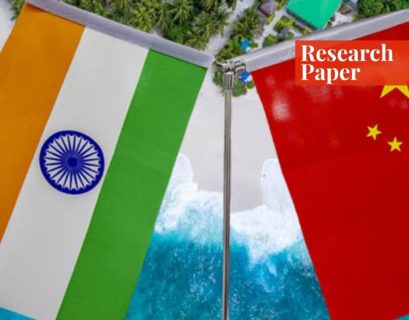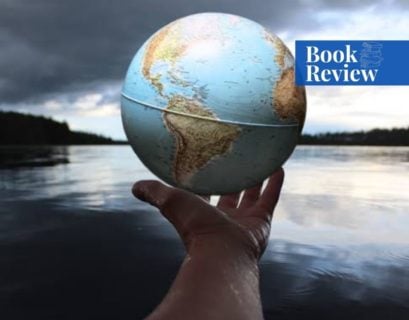The No-Confidence Motion Against Imran Khan: Pakistan’s Political Tribulation
The author, Afifa Iqbal, illustrates the process of the no-confidence motion in Pakistan before delving into PM Imran Khan’s miscalculations. The uncertainty in the domestic political arena is disquieting as it is, but what will become of the democratic framework if the no-confidence resolution were to pass?
Putin’s War on Ukraine: Why and What Now?
In a televised address on February 24, Putin declared war on Ukraine. War is a diplomatic failure, a tragedy, and a crime. Although Putin’s actions are not defensible, America and NATO cannot be vindicated as innocent players in this crisis either, as the ongoing Russia-Ukraine confrontation stems from the US-Russia tensions over NATO expansion.
The author, Palwasha Aftab, concludes that in view of the sensitivities and far-reaching implications of the current security crisis in Europe, it is imperative to carve out balanced and sustainable peace in Europe, for the achievement of which a speedy and consensual settlement of the Russia-Ukraine war in particular and the build-up of a new European security order in general, remain intrinsic.
Trafficking of Drugs: The Implications of a Porous Border Between Afghanistan & Pakistan
Pakistan’s close proximity to Afghanistan has caused it to become the perfect target for drug trafficking. Rooha Javed explains that Afghanistan – one of the largest producers of opium in the world – has taken advantage of Pakistan’s transit route to not only acquire precursor chemicals for drug manufacturing but also for smuggling illegal drugs to the international market. Though Pakistan has adopted measures to counter this illegal drug trade, the number of Pakistanis suffering from drug addiction and overdose is increasing every day.
The Pakistan-Russia-China Bloc: A Consequence of US Actions?
Russia’s invasion of Ukraine has stirred up bloc politics once again, pitting the West against the Russia-China bloc. Pakistan’s current government is clearly leaning towards the idea of a Pakistan-Russia-China bloc, but that foreign policy truly rests on the domestic political situation of the country. Amid the political uncertainty. the author, Mr Sarmad Ishfaq, illustrates how future policies pivot on the results of the no-confidence vote.
The Great Gamble: The Soviet War in Afghanistan (Book Review)
“The Great Gamble: The Soviet War in Afghanistan” provides an overview of the Soviet Union’s direct and indirect involvement in Afghanistan. Gregory Feifer, the author of the book, traces the events that led to the Soviet invasion in 1979 and analyzes the war itself. In doing so, he aptly explains the role of Pakistan in bringing the Soviet war to an end, and how the US’ uncalculated actions in Afghanistan led to intensifying extremism and terrorism.
Relevance of the Marxist International Relations Theory
Today’s global politics revolve around the industrialised world. Therefore, the Marxist international relations theory is relevant to a great extent in analyzing contemporary global politics. The goal of this theory is to radically modify the current social and political order by relying on Karl Marx’s philosophy.
The Shadow Commander: Soleimani, the US, and Iran’s Global Ambitions (Book Review)
Arash Azizi’s “The Shadow Commander: Soleimani, the US, and Iran’s Global Ambitions” is a wonderfully comprehensive book that honors the life of Iran’s greatest soldier, General Qasem Soleimani. Known as the Shadow Commander, General Soleimani’s life within and beyond Iran is recounted as well as the legacy he left for his people and country.
What Is Happening in Sudan?: The Coup & Abdalla Hamdok
In October 2021, the prime minister of Sudan, Abdalla Hamdok, and his cabinet were arrested in a coup d’etat led by General Abdel Fattah al-Burhan. The coup was followed by domestic and international condemnation, as a result of which, the general later signed a deal with Hamdok, reinstating him as the interim prime minister. The author, Ayesha Waseem, explains that General Al-Burhan had, simultaneously, appointed himself as the chairman of the new Sovereign Council – the main decision-making body in Sudan. This decision ultimately caused the protests in the country to intensify.
A Book Review of War Without Winners
Rasul Baksh Rais’s “War Without Winners: Afghanistan’s Uncertain Transition After the Cold War” explored the Afghan War through a domestic lens in 1994. It was very much ahead of its time, as its contents reminded individuals and states that only the Afghans would be able to resolve the conflict in their country.
Growth Versus Development: The Case of Pakistan
Growth or development? Which of the two would states choose and why? The author, Zahra Michelle Khan, mainly aims to explain both arguments and the pros and cons of each. She also assesses the external factors that influence the decision of a state to pick either, or both. The example of Pakistan, as well as possible ways to help the state develop, are also discussed towards the end.
Pakistan & Uzbekistan: Celebrating 30 Years of Bilateral Cooperation
President Shavkar Mirziyoyev’s two-day state visit to Pakistan marked the 30 years of diplomatic ties between Uzbekistan and Pakistan. The delegations deliberated over matters of regional and bilateral significance. The author, Syed Haris Shah, notes that this visit is immensely important for Pakistan to cultivate better economic and political relationships with the Central Asian Republics (CARs).
The Russian War in Ukraine in Light of International Law
Article 2(4) of the UN Charter prohibits states from using force against each other. Yet, in the case of the Russian war in Ukraine, the article is being blatantly violated. Though Ukraine’s President Volodymyr Zelensky has declared that the state will utilize its right to self-defense against Russian aggression, President Putin has refused to acknowledge the violation of international law. The author, Fatima Musa Malik, explains that amidst the crisis, the United Nations Security Council has reached a deadlock, and the responsibility to resolve the conflict has fallen on the UN General Assembly.
Decoding the Bias & Double Standards of Western Media over the Ukraine Crisis
The international media groups have been focusing on the Russian invasion of Ukraine very closely. Claiming the people of the West as more “civilized” than those in Africa and the Middle East, there is no doubt that leading media groups have a prejudiced mindset. The author, Syed Haris Shah, believes that the Orientalist aspect is still present in the media and within the intellectual circles of the West. The coverage of the Ukrainian crisis exhibits an elitist-inclined narrative that disregards the similar woes of those in the East and South.
The China-India Rivalry in Maldives Explained
The strategic location of the Maldives, particularly its proximity to the straits of Malacca and Hormuz and the Gulf of Aden, has drawn the attention of India and China. While China and India are competing with each other to exert their influence on the Maldives, the island state is fully benefitting from its cordial relations with the rival states. Though the China-India competition has serious implications for the stability of South Asia, the author, Zahra Michelle Khan, argues that the Maldives also presents opportunities for cooperation between the two states.
A Book Review of 21 Lessons for the 21st Century
Yuval Noah Harari’s “21 Lessons for the 21st Century” is definitely a stand-alone book, but the author deftly develops his argument from his previous books, Sapiens ad Homo Deus. This book review introduces the book and author first before listing the 21 lessons and giving a critical analysis of the book.
A Review of the National Judicial Policy (2009) in Pakistan
To bring a semblance of structure and convenience within the judicial sphere of Pakistan, the National Judicial Policy 2009 was framed. The authors, Alyan Waheed, Palwasha Khan, Shaheer Ahmed, and Syed Hassam Ali, discuss the policy’s underpinnings and address its failures and drawbacks.
